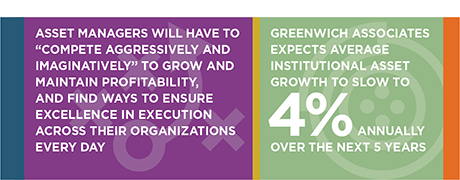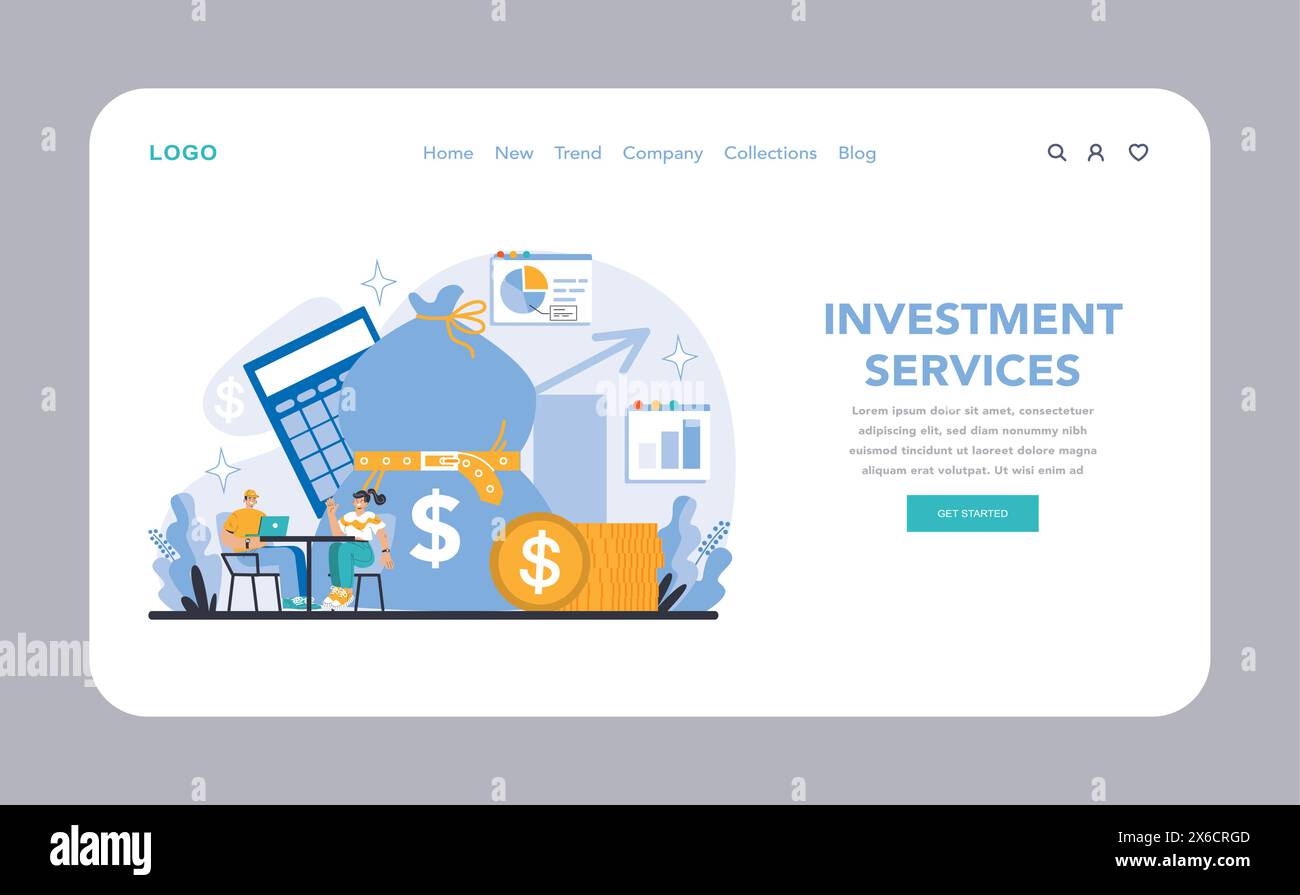Charting a Course in Asset Management: A Look at Internships in 2025
Charting a Course in Asset Management: A Look at Internships in 2025
Introduction
With enthusiasm, let’s navigate through the intriguing topic related to Charting a Course in Asset Management: A Look at Internships in 2025. Let’s weave interesting information and offer fresh perspectives to the readers.
Table of Content
Charting a Course in Asset Management: A Look at Internships in 2025

The asset management industry, responsible for managing and investing trillions of dollars globally, is undergoing a rapid transformation. Technological advancements, evolving investor preferences, and the increasing complexity of financial markets are reshaping the landscape. In this dynamic environment, internships offer invaluable opportunities for aspiring professionals to gain firsthand experience, develop crucial skills, and forge connections that can launch successful careers.
The Evolving Landscape of Asset Management Internships
The nature of asset management internships is evolving alongside the industry itself. While traditional roles focused on data analysis, portfolio construction, and client communication remain core, new trends are emerging:
1. Technological Integration: The rise of fintech and the growing use of artificial intelligence (AI) in asset management are driving demand for interns with proficiency in data science, machine learning, and quantitative analysis.
2. ESG Focus: Environmental, social, and governance (ESG) considerations are becoming increasingly important for investors. Internships in this area may involve research into sustainable investment strategies, impact analysis, or stakeholder engagement.
3. Alternative Investments: The asset management landscape is diversifying, with growing interest in alternative investment classes like private equity, real estate, and hedge funds. Internships in these areas offer exposure to unique investment strategies and risk management approaches.
4. Digital Transformation: The adoption of digital platforms, online investment services, and automated investment advice is transforming the way asset management firms interact with clients. Internships in digital marketing, user experience design, and fintech development are becoming increasingly sought after.
5. Global Reach: The asset management industry is becoming increasingly international, with firms operating across multiple markets. Internships offer opportunities to gain experience in global markets and develop cross-cultural skills.
Benefits of Pursuing an Asset Management Internship
1. Practical Experience: Internships provide hands-on experience in real-world asset management scenarios. This practical knowledge complements theoretical learning and equips interns with the skills necessary to succeed in the industry.
2. Skill Development: Internships offer opportunities to develop a wide range of skills, including financial modeling, investment analysis, portfolio management, communication, and teamwork. These skills are highly valued by employers in the asset management industry.
3. Networking Opportunities: Internships provide valuable connections with industry professionals, mentors, and potential future employers. Building relationships with experienced professionals can provide insights, guidance, and potential career opportunities.
4. Career Advancement: Internships can serve as a stepping stone to full-time employment in the asset management industry. A strong internship experience can demonstrate commitment, skills, and potential to employers, increasing the likelihood of securing a permanent position.
5. Industry Insights: Internships offer a unique perspective into the inner workings of the asset management industry. Interns gain insights into investment strategies, market trends, regulatory frameworks, and the challenges faced by asset management firms.
FAQs About Asset Management Internships
1. What qualifications are typically required for asset management internships?
Most internships require a strong academic background in finance, economics, or a related field. A solid understanding of financial markets, investment principles, and quantitative analysis is essential. Internships may also require specific technical skills, such as proficiency in programming languages like Python or R.
2. How can I find asset management internships?
Several resources can help you find asset management internships:
- University Career Centers: Many universities offer internship programs and career services that connect students with relevant opportunities.
- Online Job Boards: Websites like Indeed, LinkedIn, and Glassdoor list numerous asset management internships.
- Industry Associations: Organizations like the CFA Institute and the Investment Management Association offer internship opportunities and resources.
- Company Websites: Many asset management firms post internships directly on their websites.
3. What should I do to prepare for an asset management internship interview?
Thorough preparation is crucial for a successful internship interview. Research the firm’s investment strategies, recent performance, and key personnel. Prepare to answer questions about your financial knowledge, investment experience, and career aspirations. Demonstrating enthusiasm, strong communication skills, and a genuine interest in the asset management industry is essential.
4. What are the typical responsibilities of an asset management intern?
Internship responsibilities vary depending on the firm and the specific role. Common tasks include:
- Financial analysis: Conducting research on companies, industries, and financial markets.
- Portfolio management: Assisting with portfolio construction, monitoring, and performance analysis.
- Client communication: Preparing presentations, reports, and other materials for clients.
- Data analysis: Using financial software and tools to analyze data and generate insights.
- Investment research: Conducting research on investment opportunities and developing investment recommendations.
Tips for Success in an Asset Management Internship
1. Be Proactive and Engaged: Take initiative, ask questions, and demonstrate a willingness to learn.
2. Develop Strong Analytical Skills: Hone your ability to analyze financial data, identify trends, and make informed investment decisions.
3. Enhance Communication Skills: Effectively communicate your ideas, both orally and in writing, to colleagues and clients.
4. Network and Build Relationships: Build connections with colleagues, mentors, and other industry professionals.
5. Seek Feedback and Learn from Mistakes: Actively seek feedback from your supervisors and learn from any mistakes to improve your performance.
Conclusion
Asset management internships offer a unique opportunity to gain valuable experience, develop essential skills, and build a foundation for a successful career in this dynamic industry. By understanding the evolving landscape, embracing the benefits, and following these tips, aspiring professionals can navigate the internship process and position themselves for success in the world of asset management. As the industry continues to evolve, internships will remain crucial stepping stones for those seeking to make their mark in this challenging and rewarding field.








Closure
Thus, we hope this article has provided valuable insights into Charting a Course in Asset Management: A Look at Internships in 2025. We hope you find this article informative and beneficial. See you in our next article!